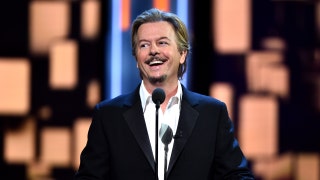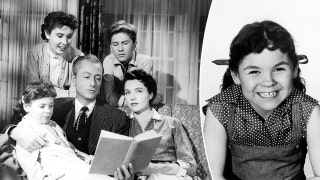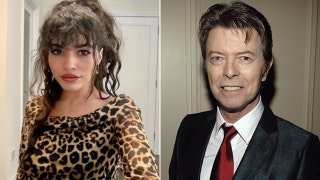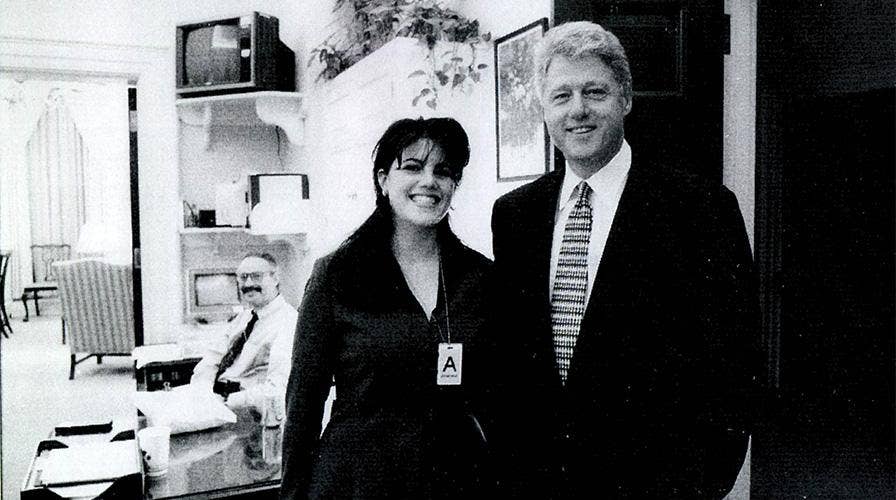'Lost Tapes' from Clinton impeachment emerge in new Doc
Smithsonian Channel is airing new 'Lost Tapes' series on the Clinton impeachment scandal, will focus on Monica Lewinsky's public handling of political saga.
Monica Lewinsky endured many mortifying moments in her life — one of them was reading Independent Counsel Kenneth Starr’s report in 1998 online, which detailed his investigation on her affair with then-President Bill Clinton.
Lewinsky, 45, provided an in-depth reflection about her relationship with Clinton in a six-part docuseries for A&E titled “The Clinton Affair” from Academy Award and Emmy-winning producer Alex Gibney’s Jigsaw Productions and Emmy-winning director Blair Foster.
The special aims to examine the jaw-dropping events that led to the now-72-year-old’s impeachment, which took place on Dec. 19, 1998.
Lewinsky and her parents, as well as those close to Clinton, including former senior advisor Sidney Blumenthal and former lawyer Bob Bennett, participated in the documentary. Foster previously told The Hollywood Reporter that while the Clintons are aware of the project, they were not involved with the series.
An attorney for the Clintons did not immediately respond to Fox News’ request for comment.
In the documentary, the former White House intern shared how horrified she was reading Starr’s sexually explicit report, which described her encounters with Clinton. She was worried about how her family was going to be impacted by public scrutiny.
“I felt terrible for Mrs. Clinton, I felt awful for Chelsea [Clinton],” Lewinsky admitted. “It was such a raw exposure.”
Lewinsky was a 21-year-old recent college graduate from Los Angeles when she began working at the White House as an unpaid intern in July 1995. She revealed that between August to October, she and Clinton shared a number of “flirtatious encounters.” However, things escalated in November 1995 during the federal government shutdown.
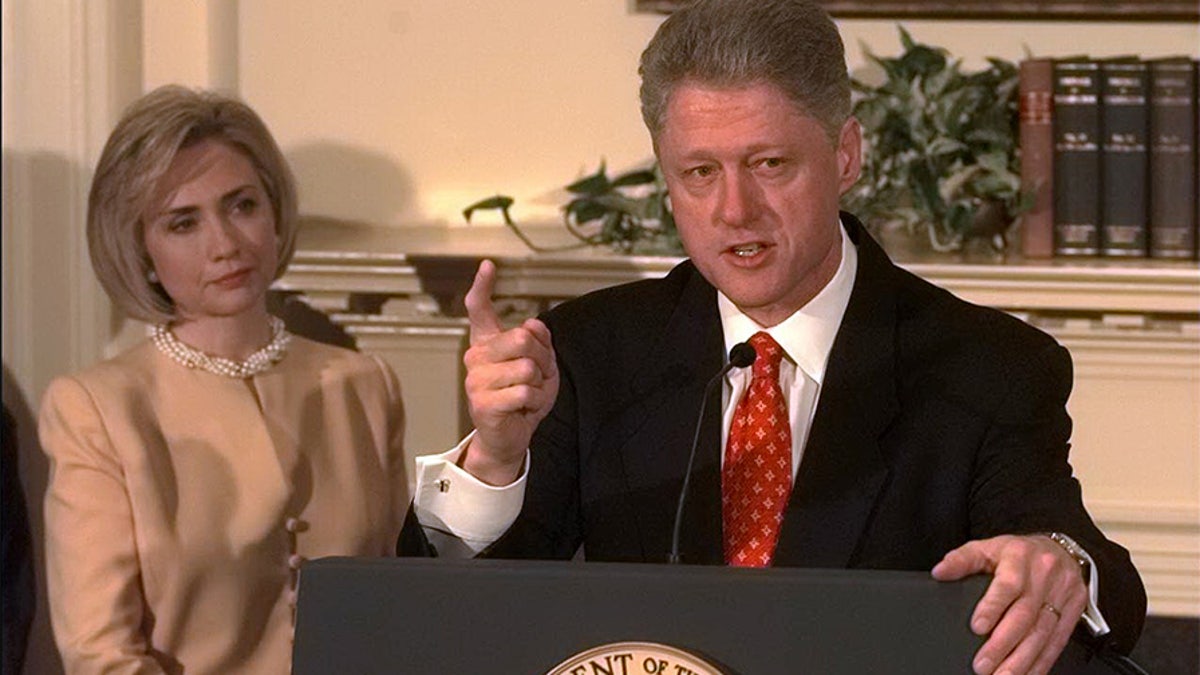
President Bill Clinton shakes his finger as he denies improper behavior with Monica Lewinsky, in the White House Roosevelt Room. "I did not have sexual relations with that woman," Clinton said. First Lady Hillary Rodham Clinton stands by her man. (Getty)
After the story broke, Clinton publicly denied the allegations and famously declared, “I did not have sexual relations with that woman, Ms. Lewinsky.”
She said the speech left her stunned.
“I was gutted,” she explained. “I felt anger. I was hurt, having been called 'that woman.' But at the same time, there was a part of me that was glad he did that. Because I wanted him to deny it. I did not want him to lose his job. You know, it was impossible to imagine what was about to unfold.”
Lewinsky said she was frustrated by how she was being negatively depicted by the press. Lewinsky also shared she was unable to publicly defend herself from the media backlash as the case unfolded.
DOCU-SERIES OPENS OLD WOUNDS FOR BILL CLINTON RAPE ACCUSER JUANITA BROADDRICK
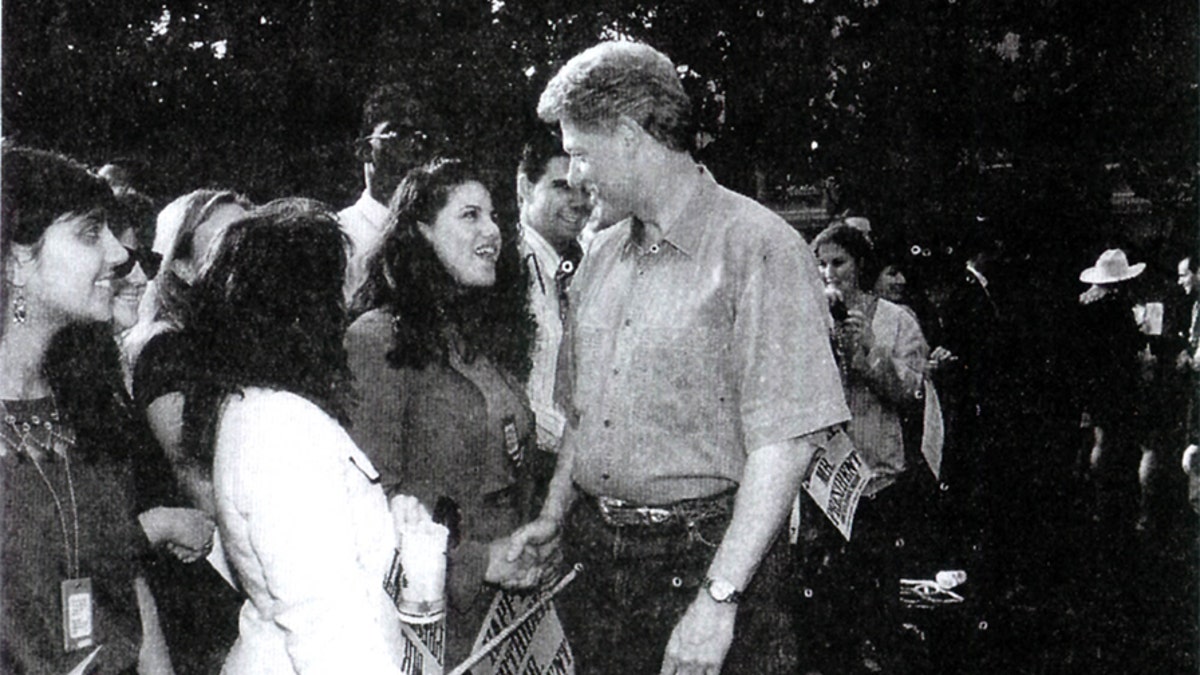
(Courtesy of A&E)
“I was alleged to have been saying I was going to D.C. to get my presidential kneepads, which I never said,” she said. “… People started to chip away at my integrity and my character… I was crushed by the lack of any support in the media… There didn’t seem to be too much humanity… It just knifed me. But because I was under legal quarantine, I couldn’t even speak for myself. “
In January 1998, Lewinsky’s confidant Linda Tripp called the Office of the Independent Counsel (OIC) and revealed she knew about the affair, offering them taped conversations. The OIC then made Tripp set up a meeting with Lewinsky at the Ritz-Carlton. There, Lewinsky was ambushed by FBI agents and taken to a hotel room where she was held by waiting prosecutors from the OIC until late in the night.
Lewinsky was offered immunity if she cooperated with the prosecution.
“The first time anybody had ever heard my voice was I think when they released the Tripp tapes,” she said. “They were aired in their entirety on C-SPAN… It was just like a whole other layer of just being burned.”
![Monica Lewinsky, (R), returns from breakfast down the main corridor of the Mayflower Hotel in Washington, January 24. Lewinsky met with the House prosecutors January 24 after she was ordered to answer more questions about her affair with [President Clinton by U.S. District Judge Norma Holloway Johnson] on January 23. The House prosecutors said later January 24 that they had a](https://a57.foxnews.com/static.foxnews.com/foxnews.com/content/uploads/2018/09/1200/675/lewinsky.jpg?ve=1&tl=1)
(Reuters)
On Dec. 19, 1998 the House voted to impeach Clinton for lying under oath to a federal grand jury and obstructing justice. On Feb. 12, 1999 the Senate acquitted Clinton, who would go on to finish his term.
Lewinsky said that while she tried to move on after the scandal, she was still ridiculed by the press, making it difficult for her to find work.
“I had a handbag company and I had some other projects,” she said. “But eventually, that just wasn’t fulfilling me… It’s a very long period of floundering and feeling unbelievably stuck in the old narrative of Monica Lewinsky that was created. It’s affected my family in a lot of really tough ways over the years… It was one of the aspects for which I felt really guilty about what happened. Because it also meant they could never escape it either. “
Lewinsky would go on to graduate from the London School of Economics in 2007 with a Master’s degree in social psychology. Today, she is a contributing editor for Vanity Fair and an anti-bullying activist.
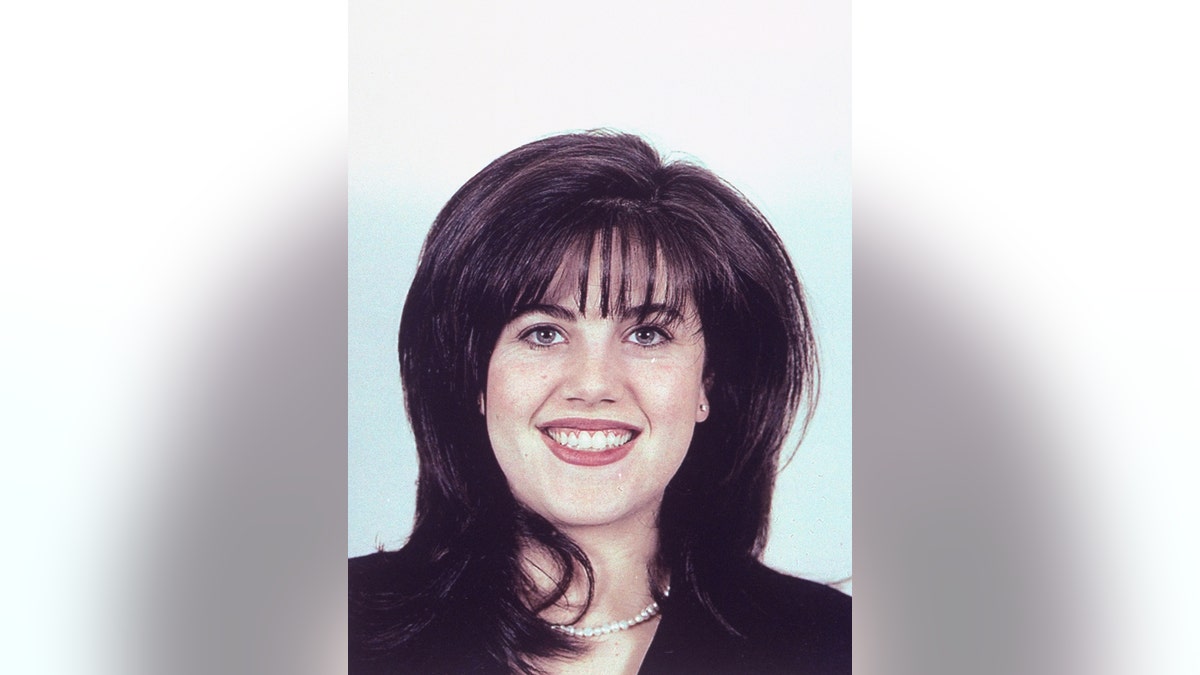
(Courtesy of A&E)
“Thank God at least the last few years I’ve had some opportunities to make positive contributions of it, so when younger generations and their families grow up there’s not just this horrible history,” she said.
“I never could have imagined the impact that this would have on others, on the presidency, on my life and of course, the country,” Lewinsky added. “… Though my life has moved on in ways that I am incredibly grateful… the consequences and the pain that was caused was enormous.”
Lewinsky was interviewed over 20 hours for the 6 1/2-hour documentary. More than 50 people associated with the scandal also provided insight. In an essay published by Vanity Fair on Tuesday, Lewinsky admitted to feeling guilt and shame in reliving her time at the White House on camera and had wondered whether participating in the documentary was the right decision for her.
In June of this year, Clinton faced criticism for announcing in an interview with NBC’s Craig Melvin that he didn’t believe he should have to apologize directly to Lewinsky because he had publicly apologized 20 years ago.
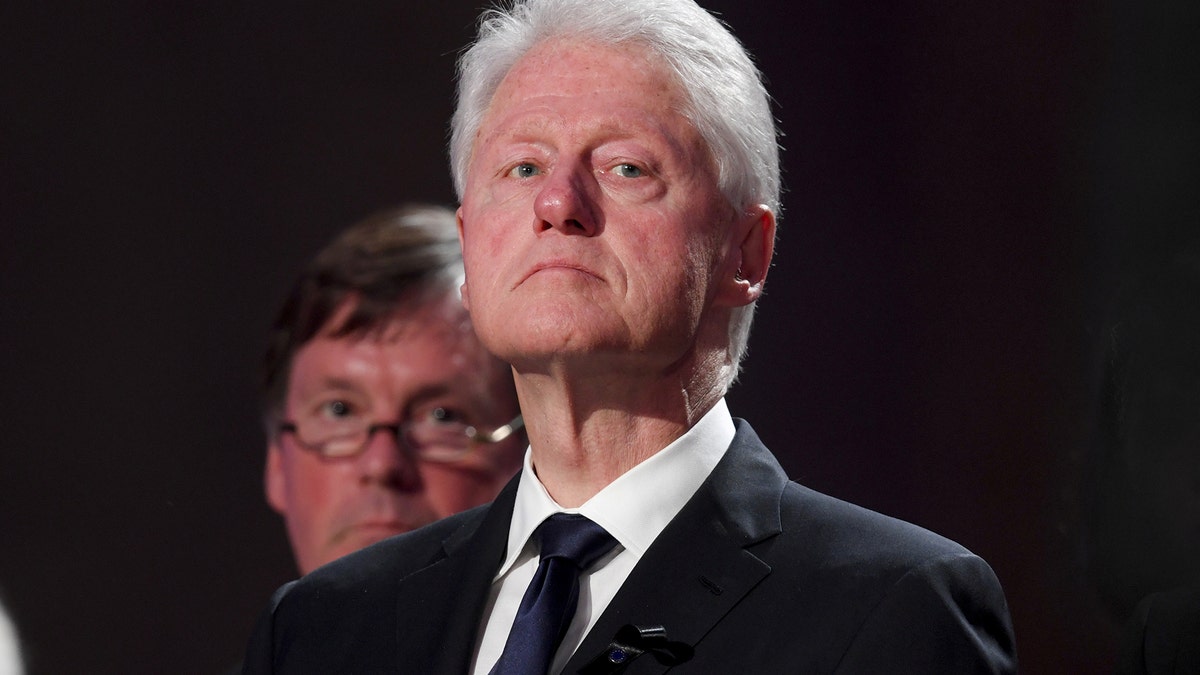
Bill Clinton (Reuters)
But Lewinsky thinks Clinton “should want to apologize” to her.
“I’m less disappointed by him, and more disappointed for him,” she wrote. “He would be a better man for it… and we, in turn, a better society.
Lewinsky also explained that, even though she has already apologized to Hillary and Chelsea during an interview with Barbara Walters in 1999, she would be grateful for the chance to personally reach out to Hillary, 71.
“And if I were to see Hillary Clinton in person today, I know that I would summon up whatever force I needed to again acknowledge her — sincerely — how very sorry I am,” Lewinsky wrote. “I know I would do this because I have done it in other difficult situations related to 1998. I have also written letters apologizing to others — including some who also wronged me gravely. I believe that when we are trapped by our inability to evolve, by our inability to empathize humbly and painfully with others, then we remain victims ourselves."
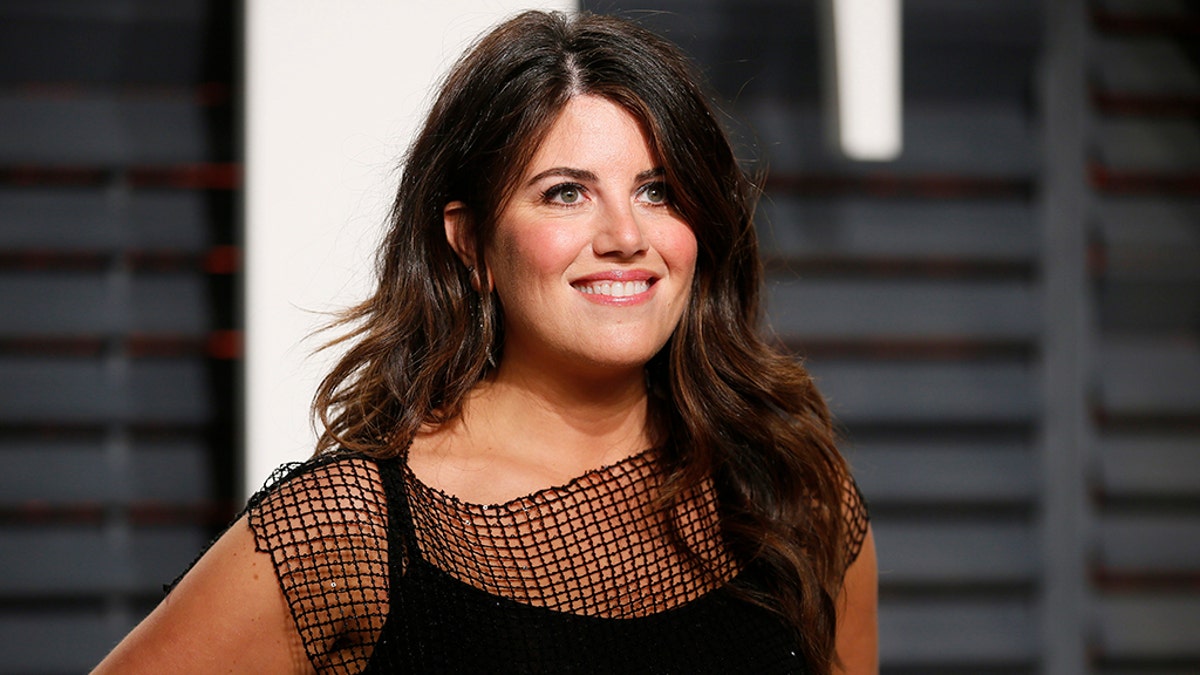
(AP)
"The Clinton Affair" premieres Sunday, Nov. 18 on A&E.
